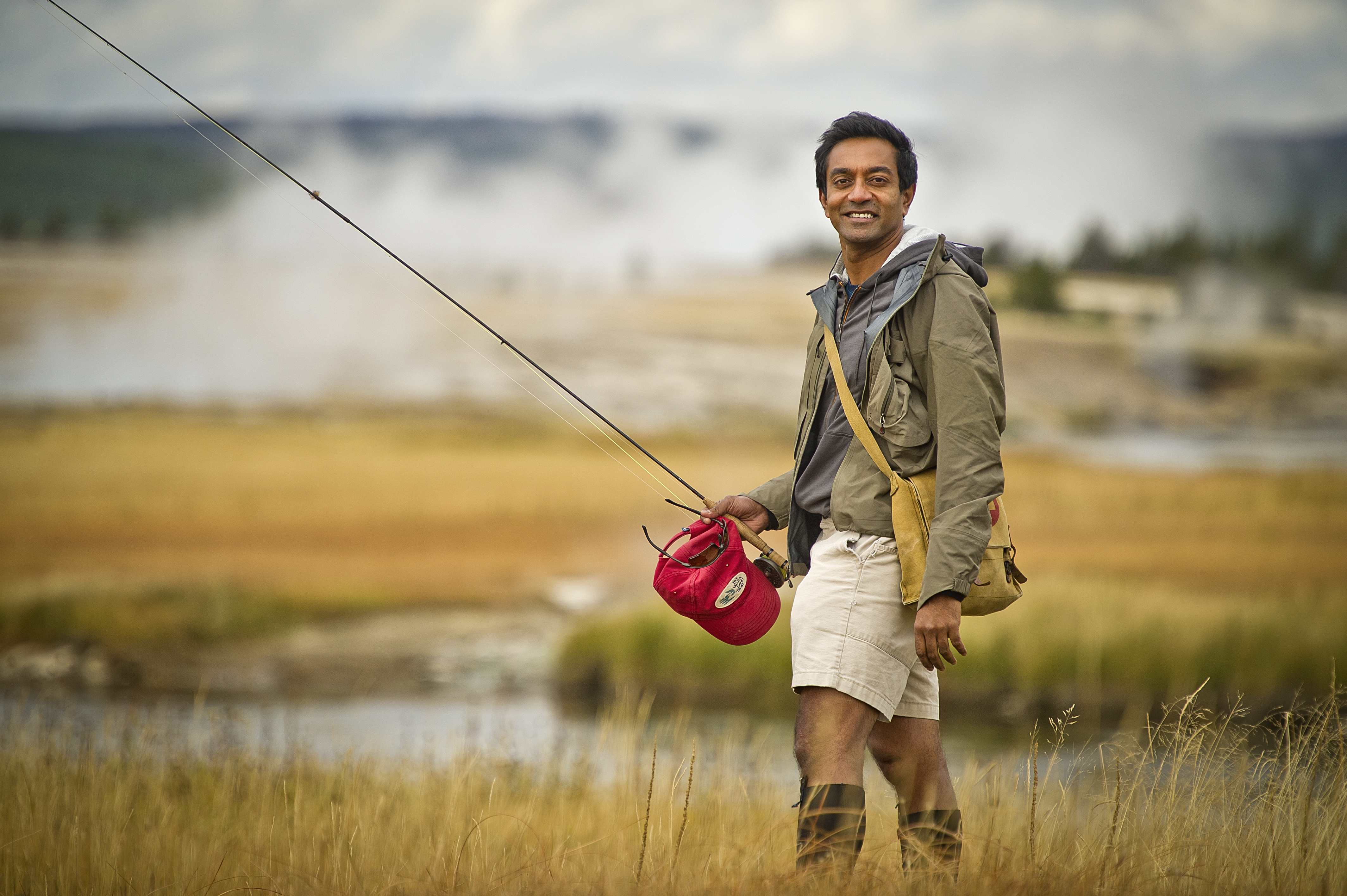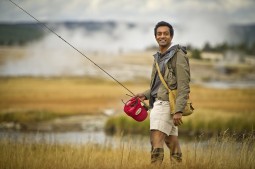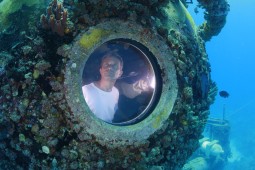Climate Change and Cities (starts at 5:05) Sea level rise, severe storms, heat waves – these are just a few of the challenges cities might be facing as the climate changes in the next few decades. So how should they adapt to cope with such events? And with urban developments being one of the largest contributors to greenhouse gas emissions, what can they do to mitigate their impact?
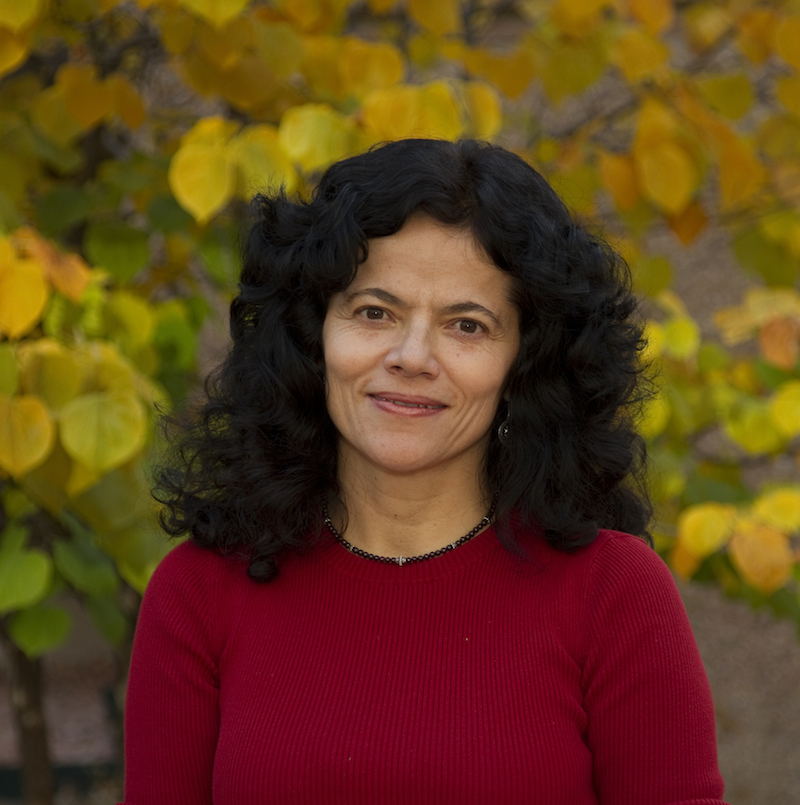 These are questions that the Urban Climate Change Research Network has set out to address in its Second Assessment Report on Climate Change and Cities. The report gives the expected climate projections for 100 cities along with guidance on increasing resilience and reducing impact. The Network released its summary for city leaders at the Paris talks only three weeks ago, and Boulder’s Paty Romero Lankao was there to promote the report — she was a co-editor of the report and coordinating lead author of the chapter on governance. Dr. Lankao is a research scientist at the National Center for Atmospheric Research who investigates the interactions between urban development and global environmental change, and in our show she talks with us about the outlook for cities and the report.
These are questions that the Urban Climate Change Research Network has set out to address in its Second Assessment Report on Climate Change and Cities. The report gives the expected climate projections for 100 cities along with guidance on increasing resilience and reducing impact. The Network released its summary for city leaders at the Paris talks only three weeks ago, and Boulder’s Paty Romero Lankao was there to promote the report — she was a co-editor of the report and coordinating lead author of the chapter on governance. Dr. Lankao is a research scientist at the National Center for Atmospheric Research who investigates the interactions between urban development and global environmental change, and in our show she talks with us about the outlook for cities and the report.
Hosts: Jane Palmer, Joel Parker
Producer and Engineer: Joel Parker
Executive Producer: Beth Bennett
Headline Contributions: Susan Moran, Beth Bennett, Jane Palmer
Click below to listen to the show:
Podcast: Play in new window | Download (Duration: 24:42 — 22.6MB)
Subscribe: RSS




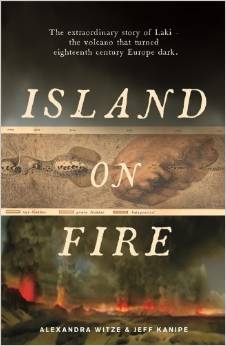

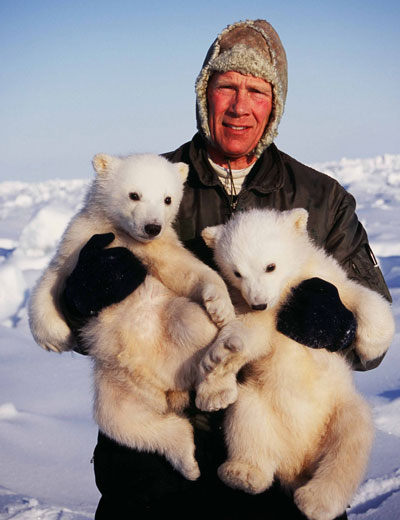
 Polar Bears (starts at 6:30): It is well known that, right now, life for polar bears looks bleak. Warming temperatures mean the season for sea ice cover in the Arctic has become shorter and shorter. As sea ice provides a home and hunting ground for polar bears, both the number of bears and their health has suffered. There is even talk of them becoming extinct. But is this something that we should worry about in Colorado and other non-arctic regions around the world? We don’t have bears, right now we don’t have ice, and we have plenty of other concerns. Dr. Steven Amstrup, the Chief scientist for Polar Bears International, joins us on How on Earth to explain why we should care. He thinks that polar bears are the sentinels of global health and that they provide advance warning of some of the challenges coming to all species. That includes us humans. But he thinks if we act soon, we can save both the bears and ourselves.
Polar Bears (starts at 6:30): It is well known that, right now, life for polar bears looks bleak. Warming temperatures mean the season for sea ice cover in the Arctic has become shorter and shorter. As sea ice provides a home and hunting ground for polar bears, both the number of bears and their health has suffered. There is even talk of them becoming extinct. But is this something that we should worry about in Colorado and other non-arctic regions around the world? We don’t have bears, right now we don’t have ice, and we have plenty of other concerns. Dr. Steven Amstrup, the Chief scientist for Polar Bears International, joins us on How on Earth to explain why we should care. He thinks that polar bears are the sentinels of global health and that they provide advance warning of some of the challenges coming to all species. That includes us humans. But he thinks if we act soon, we can save both the bears and ourselves.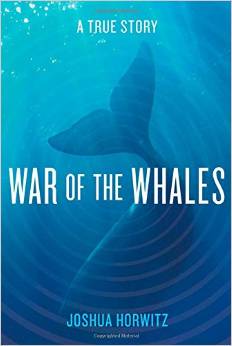

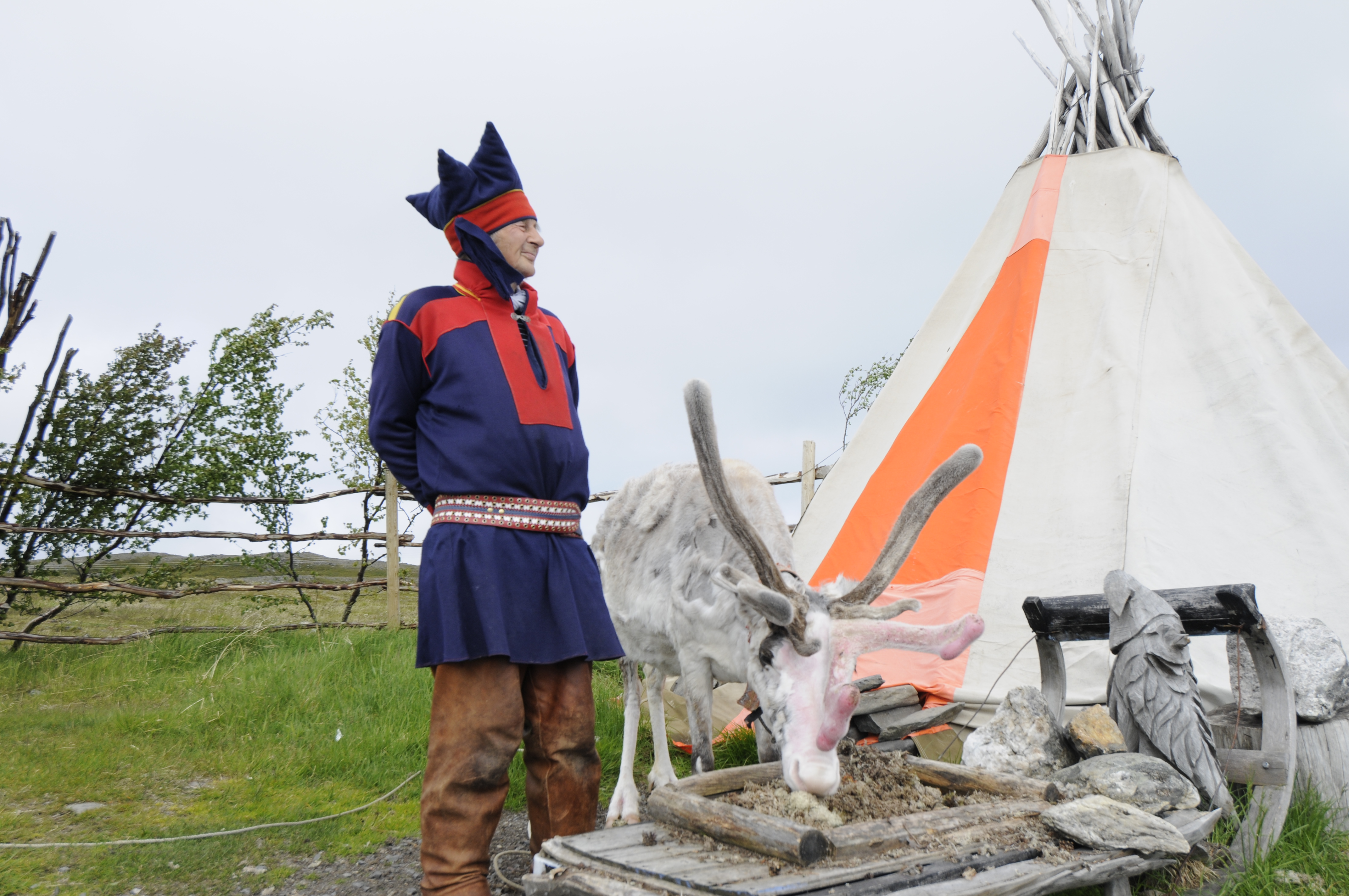
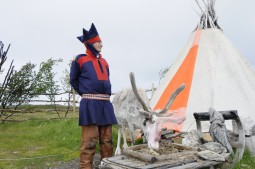
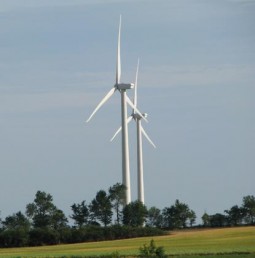
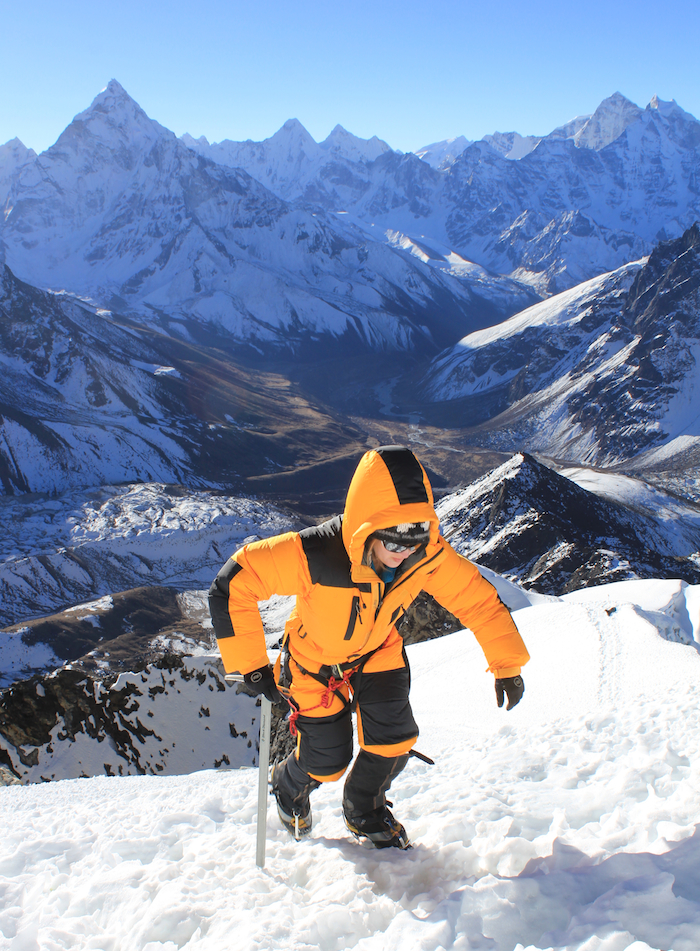
 Himalayan Glacial Lakes (starts at 5:20) Some scientists conduct their experiments in a laboratory — think clean white walls, artificial lighting, A.C. and a convenient coffee pot not far away. Not so for Ulyana Horodyskyj, a graduate student at the University of Colorado. For the last few years she’s been looking at glaciers and the lakes on top of them in Nepal. Last year she spent a year looking at how pollution affects glaciers high in the Himalayan Mountains. She hoped to set up the ultimate high-altitude laboratory on the oxygen-thin slopes of Mount Everest, but a fatal accident intervened. On this edition of How on Earth, she talks about her latest research, Himalayan glaciers and what it is like to do science at the top of the world.
Himalayan Glacial Lakes (starts at 5:20) Some scientists conduct their experiments in a laboratory — think clean white walls, artificial lighting, A.C. and a convenient coffee pot not far away. Not so for Ulyana Horodyskyj, a graduate student at the University of Colorado. For the last few years she’s been looking at glaciers and the lakes on top of them in Nepal. Last year she spent a year looking at how pollution affects glaciers high in the Himalayan Mountains. She hoped to set up the ultimate high-altitude laboratory on the oxygen-thin slopes of Mount Everest, but a fatal accident intervened. On this edition of How on Earth, she talks about her latest research, Himalayan glaciers and what it is like to do science at the top of the world.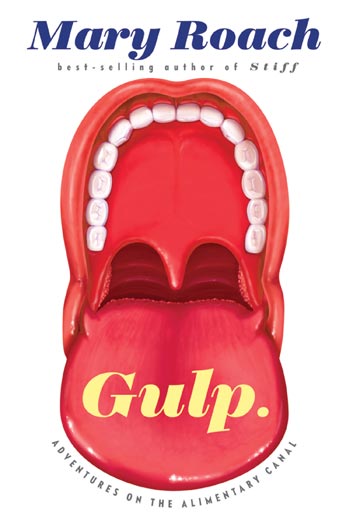
 Gulp [starts at 4:25] Bestselling author,
Gulp [starts at 4:25] Bestselling author, 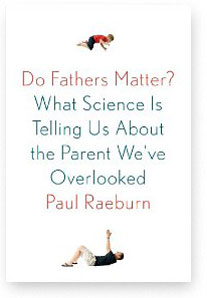
 Do Fathers Matter? (start time: 3:07) If you’re a father or a son or daughter – which pretty much covers everyone – this interview should hit home. Science journalist Paul Raeburn’s latest book — “Do Fathers Matter? What Science Is Telling Us About the Parent We’ve Overlooked” – explores what seems like a no-brainer question. But the answers he discovers surprised even him. After last week’s pledge drive teaser, we now offer the extended version of host Susan Moran’s interview with Raeburn.
Do Fathers Matter? (start time: 3:07) If you’re a father or a son or daughter – which pretty much covers everyone – this interview should hit home. Science journalist Paul Raeburn’s latest book — “Do Fathers Matter? What Science Is Telling Us About the Parent We’ve Overlooked” – explores what seems like a no-brainer question. But the answers he discovers surprised even him. After last week’s pledge drive teaser, we now offer the extended version of host Susan Moran’s interview with Raeburn.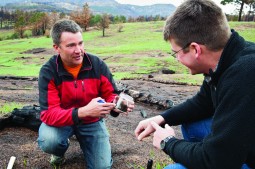
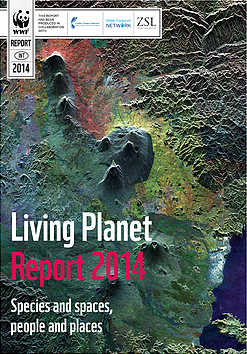
 Living Planet Report (starts at 5:50): The environmental organization World Wildlife Fund just released its science-based biennial
Living Planet Report (starts at 5:50): The environmental organization World Wildlife Fund just released its science-based biennial 